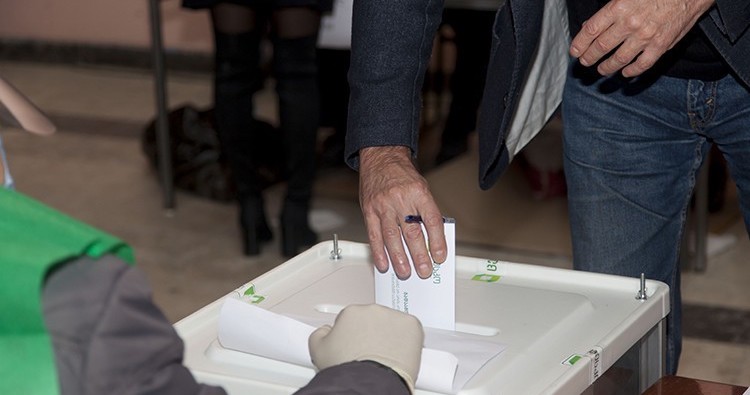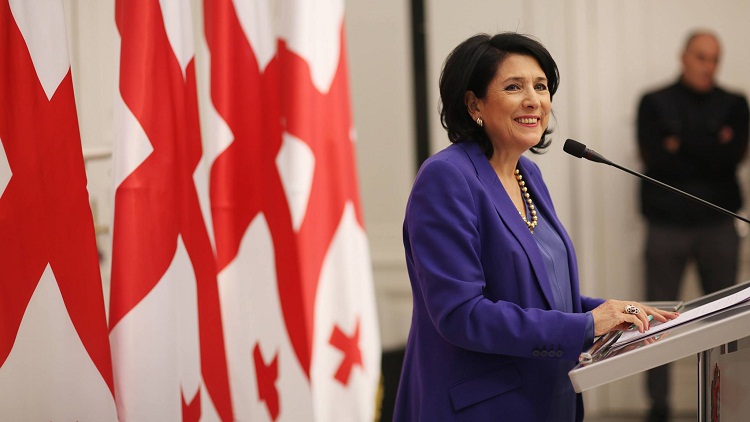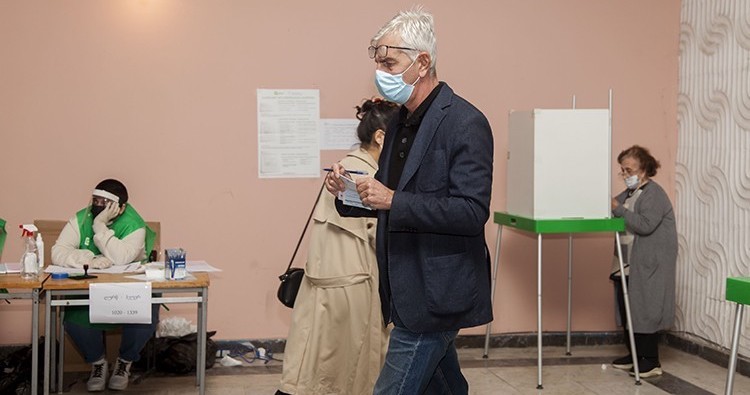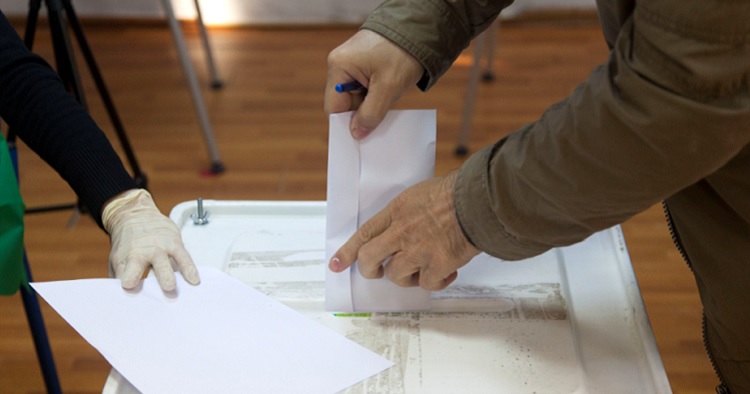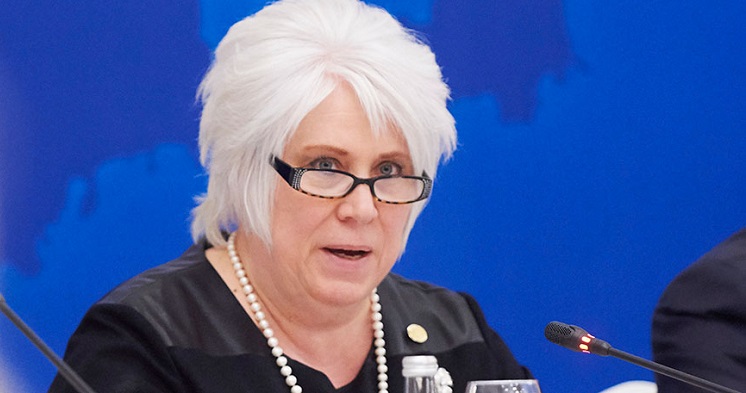Elections 2020: all votes counted. What happens next?
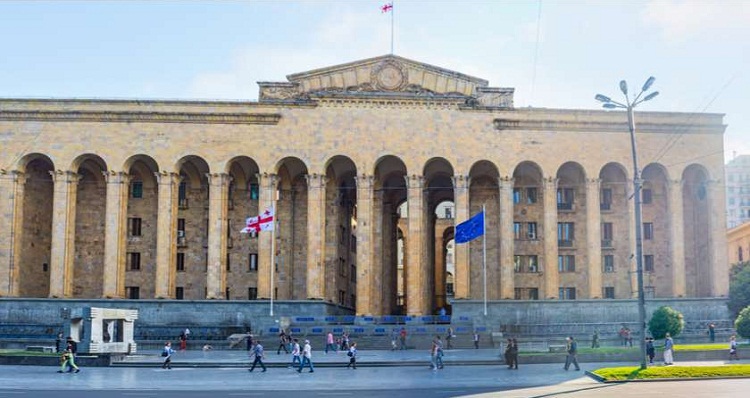
The first session of the new parliament will take place in mid-December. Photo: 1TV.
The Georgian Central Election Commission (CEC) has counted all votes cast in Saturday’s parliamentary elections.
Nine parties have crossed the one per cent threshold to make it into the 150-member parliament per the proportional electoral system (120 seats in the legislative body).
- Why are the October 31 parliament elections so special? All you need to know about the race
- Elections 2020 results in real time on interactive map of Georgia
The parties are as follows:
- Georgian Dream ruling party - 48.15% of votes (61 mandates)
- United National Movement - United Opposition election bloc - 27.14 % of votes (34 mandates)
- European Georgia - 3.78 % of votes (4 mandates + one undistributed mandate)
- Strategy Agmashenebeli - 3.15 % of votes (4 mandates)
- Lelo - 3.15% of votes (4 mandates)
- Alliance of Patriots - 3.14% of votes (4 mandates)
- Girchi - 2.89% of votes (3 mandates + one undistributed mandate)
- Aleko Elisashvili Citizens - 1.33% of votes (1 mandate + 1 undistributed mandate)
- Shalva Natelashvili - 1% of votes (1 mandate)
 Opposition announced a large rally on November 8. Photo: Nino Alavidze/Agenda,ge.
Opposition announced a large rally on November 8. Photo: Nino Alavidze/Agenda,ge.
In the majoritarian elections the ruling Georgian Dream candidates has won 14 of 30 majoritarian constituences. A run-off will be held in 16 majoritarian constituencies on November 21, where the ruling Georgian Dream candidates won the race in 15 (of 16) constituencies, however, they were unable to receive at least 51% of total votes.
A second-round of elections will be held in all eight constituencies of Tbilisi and eight constituencies in the regions.
The only opposition majoritarian candidate who won the race but was unable to receive 51 per cent of votes is Nika Melia, who was running in the Gldani constituency of Tbilisi.
He received 43.88 per cent of votes, while his opponent from the ruling party Levan Kobiashvili received 42.69 per cent.
Opposition parties claim that the elections were fabricated and they have plans not to enter the parliament and take to the streets on November 8.
International observers and embassies have stated that the elections were ‘mostly competitive and free.’
- US Embassy welcomes ‘competitive’ Georgian elections, laments ‘deficiencies’
- MEPs of the EU parliament: 'elections were competitive, freedoms were respected'
- Int'l reactions to Georgian parliamentary elections in tweets
- Lithuanian MFA welcomes ‘important step’ of Georgian elections
- Georgian foreign minister thanks int'l partners for monitoring elections
 The ruling party says that the opposition were unable to accept the election results in a dignified manner. Photo: Georgian Dream press office.
The ruling party says that the opposition were unable to accept the election results in a dignified manner. Photo: Georgian Dream press office.
What will happen if the opposition refuses to enter parliament?
The 10th parliament will be legitimate if at least 76 MPs are present at its first session on December 20.
With the first round of the elections over, the ruling Georgian Dream party has already secured 75 MPs.
The party says that it will have 91 MPs in parliament after the second round of elections (however, per the locking mechanism in the Georgian constitution GD will not be able to take more than 90 seats in parliament as it received more votes in the proportional elections than it was mandatory for formation the government).
If there are at least 76 MPs in parliament on the first session, the MPs recognise the legitimacy of all elected MPs in parliament, including MPs who do not attend the session.
Only after the session will MPs who do not wish to enter parliament be able to officially resign.
If a majoritarian MP resigns, midterm elections will take place no earlier than May.
If MPs who were elected per the proportional electoral system resign, other candidates on the party list will be able to enter parliament. If all candidates on the party list refuse to enter parliament, their seats will remain unoccupied in the legislative body..
In the second round of elections on November 21 top two candidates will not be able to remove their candidacies (they had the chance only in the first round of elections) even if they refuse to participate.
 Tweet
Tweet  Share
Share
